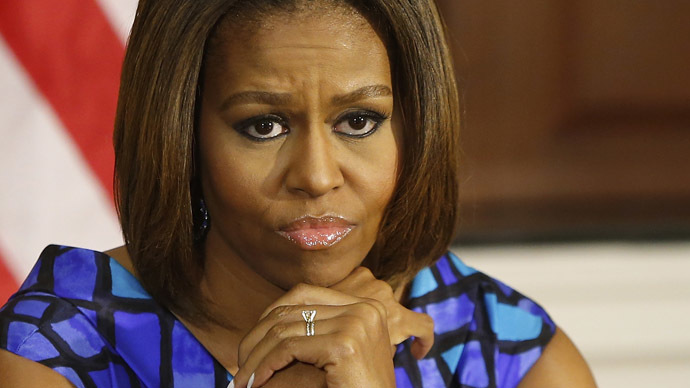This was during the time when Bruce Jenner just completed his operation coming out as transgender; asserting the fact that he feels more like a woman than that of a man, and that she will go by the name of Katelyn.
As I felt the beautiful music encompassing my whole being, it influenced me to get in touch with my own feelings as it dawned that I need to stop this internal battle that has been going on since I was 10, and simply man up and accept myself for who I am and what I am. That is when I decided to come out as trans in a “cultural” sense.
My co-worker was surprised at my love for old-school soul music.
One day at a company party, someone threw on an old-school song by a group known as the OJays, and I started rocking to the beat and grooving to the melody. An African-American co-worker asked me, “Bill, you like this music?” She asked because she knows about my deep love for Latin music, especially salsa, bachata. and Afro-Cuban, and of course, the fact that I was getting bilingual pay to communicate with monolingual Spanish speakers. This gave her, and so many others, the impression that I might have some Latin-American blood flowing in my veins.
By birth I'm African-American, and I grew up jamming to the likes of Diana Ross, Smokey Robinson, and James Brown. However, I told this co-worker that if R&B music had not changed from the days of the Motown Sound producing the likes of the Temptations, and Stax Records producing the likes of Isaac Hayes, I would never have crossed over to Spanish music as heavily as I did.
I'm primarily self-taught in Spanish, inspired by my Puerto Rican neighbors and classmates at a young age.
In the fifth grade, I started teaching myself Spanish out of a children's library book, and began practicing on my Puerto Rican neighbors and school mates, who by their very presence influenced me to want to learn Spanish in the first place. I later befriended, Carlos, a Puerto Rican classmate, and hung out at his house everyday after school where Spanish was spoken in the home. His mother was benevolent enough to invite me to her church in Spanish Harlem so I can get a real baptism in the Spanish language.
It came as no surprise when I was in Ecuador, South America just a few years ago, a cab driver asked me if I was from a Spanish speaking country in the Caribbean. Evidently, he heard some words come out of my mouth that sounded Puerto Rican, or more accurately, Newyorican (New York Puerto Rican).
During my teen years while listening to the popular African-American radio station, WWRL in New York City, I noticed how the DJs gave airtime to Puerto Rican musicians playing Latin jazz and Latin soul music. This planted a seed in my heart, and from there my tastes in Latin-American music expanded to music from countries like Cuba, the Dominican Republic, Perú, Colombia, Venezuela, and Bolivia.
My Spanish and my hobby of exploring the black Latin American experience made me Trans-“cultural” without my realizing it.
It was well into my adulthood when my interest in the Spanish language resurfaced from my childhood. And my late Mexican-American friend, Yolanda, who noticed the progress that I was making, admonished me to learn the culture if I'm going to speak the language!
I took that advice and ran with it. As years passed, I developed a brand new hobby of exploring black cultures in Latin-American countries through travel and research, thus the primary motive behind this blog.
So far, of the nine Spanish-speaking countries that I've visited, the two that had the greatest emotional impact on me were Cuba and Perú. In Cuba, I felt like a long lost member of the community who finally came home. And upon my return to the U.S., a part of me felt exhilarated for having taken the trip, and another part of me was heartbroken for having to return to the U.S. And Perú, which I visited several times, I had the honor of staying with the family of the late, great maestro, Amador Ballumbrosio, the godfather of Afro-Peruvian music and dance.
As an African American, my name is “Bill;” and I speak English. However, when I'm in Spanish-speaking country, my name is Guillermo where I speak only Spanish, and if anyone approaches me speaking English, I'm always quick to respond in Spanish just to drive the point home that I, Guillermo, has come out as trans-“cultural.”



